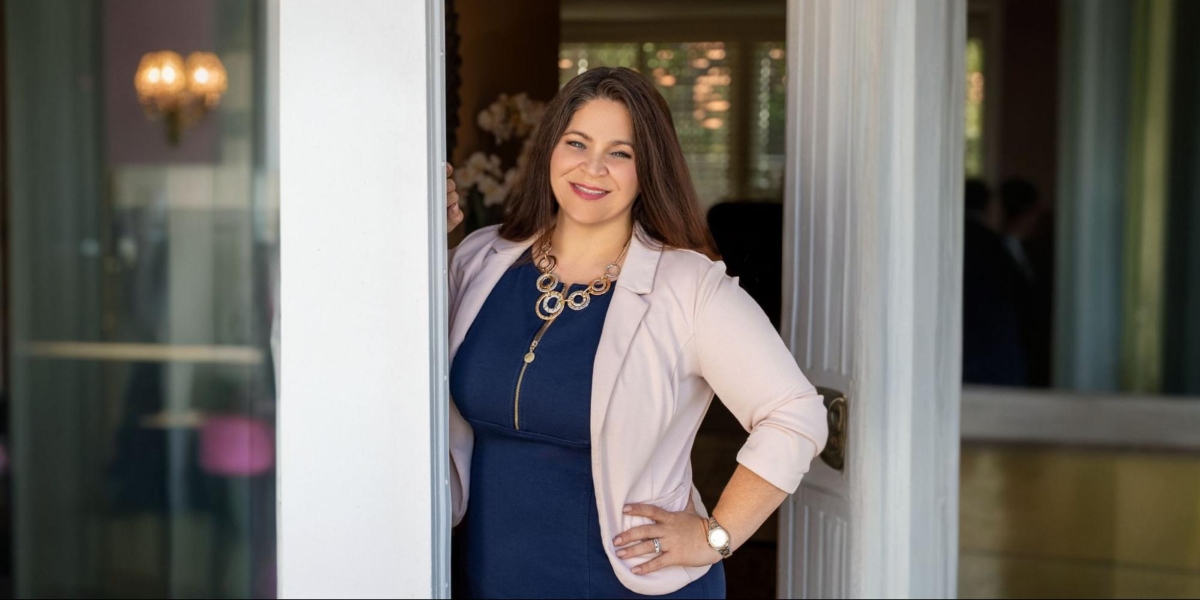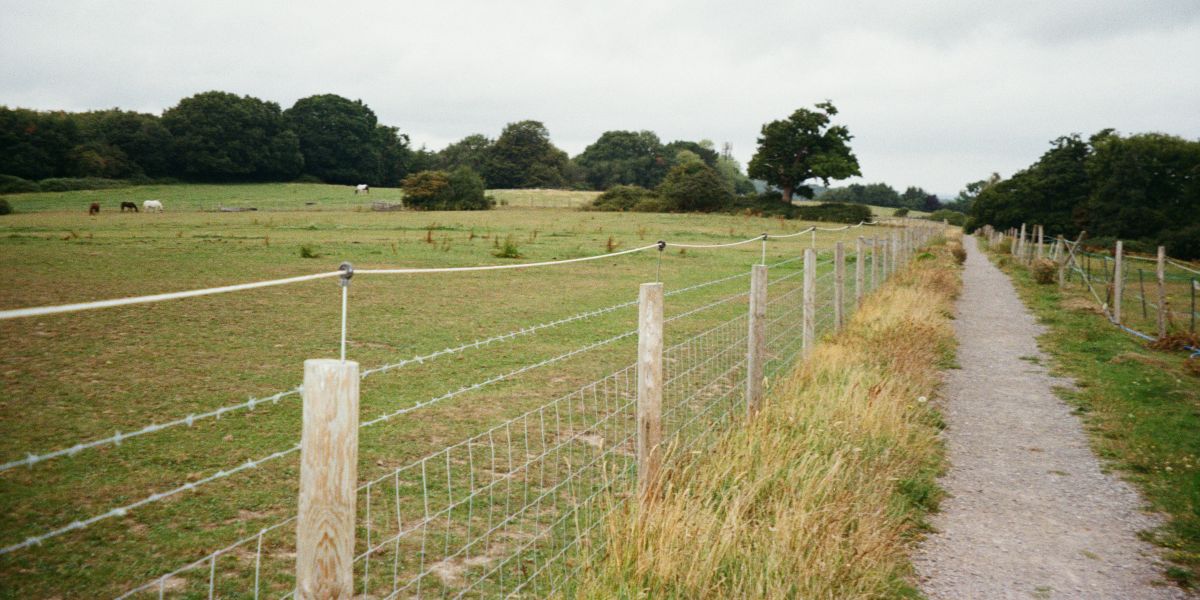Byl: Ayeshah “Ice” Somani
Before Sujay Shah ever stepped into a boardroom, he was barefoot on a dojo floor.
He was seven when he began practicing traditional Japanese karate. Shah has trained in traditional Japanese martial arts for several decades, and currently holds a 4th Dan black belt in karate. But the impact of that training goes far beyond technique. For him, martial arts became a lifelong commitment to clarity, presence, and personal evolution, a mindset that now drives how he leads Scale Foods through a significant transformation in Canadian food manufacturing.
What exists today as a vertically integrated natural foods company with a workforce of over 200 people, a broad supplier network, and significant investment in its headquarters in Vaughan is powered by a leadership model rooted in clarity, long-term thinking, and deep-rooted values. Under Shah’s direction, Scale Foods has unified its divisions, consolidated its operations, and doubled down on doing things the right way, not the fastest way.
Guiding With Clarity in a Complex Industry
From the outside, Scale Foods might just look like a manufacturing success story marked by efficiency, innovation, and market expansion. But for Shah, the real story lies in the intention behind every decision. He describes his leadership style as grounded in long-term thinking and integrity. As a privately-owned, family-driven business, Scale Foods doesn’t answer to shareholders. It answers to a deeper set of values: Relentless Drive, Innovation Wins, Always Accountable, and Better Together. “We move with intention, balancing tradition with a relentless drive for innovation,” Shah says.
Those values aren’t wall art. They’re how Shah navigates decisions that affect everything from production timelines to supplier relationships. They also inform how the company handles its complex advantage, its vertical integration.
For many, full control over sourcing, importing, sterilization, blending, and packaging would be overwhelming. For Shah, it’s the company’s strength. With that level of oversight, Scale can reduce dependency, adapt faster, and provide the transparency today’s food sector demands. But it also requires intense precision and constant coordination, which is why Shah has cultivated a team culture where accountability is expected, collaboration is standard, and operational excellence is non-negotiable.
That kind of system doesn’t run on autopilot; it requires a leader who understands how to balance complexity with clarity. Shah’s approach to leadership isn’t reactive. It’s reflective. That doesn’t mean it’s passive; on the contrary, it’s incredibly active. But like in karate, there’s discipline behind the movement.
He stays deeply involved in both the strategic and operational aspects of the business. That presence allows him to align teams quickly, troubleshoot in real time, and ensure the company’s growth never comes at the cost of its integrity. As the company scales, his personal focus is on developing a leadership style rooted in intentionality, staying grounded while momentum builds, and shifting from directing to coaching.
“In a fast-growing environment like Scale Foods, it’s easy to get caught in the momentum,” Shah says. “But real leadership, to me, means staying grounded in your values while adapting to new challenges. I’m working on coaching rather than directing, and ensuring that as we scale operations, we don’t lose the clarity of purpose and integrity that define us.” It’s not about chasing perfection. It’s about practicing character.
Legacy Thinking in a Fast-Moving World
Shah’s long-term vision for Scale Foods is clear: become a highly trusted natural foods company, not just now, but for generations to come. That vision is already starting to take shape. The consolidation of multiple divisions under the Scale Foods banner signals a unified approach to product excellence and transparency. The company’s in-house Centre of Excellence, known as Scale Labs, brings cross-functional teams together to move ideas quickly from concept to reality. It’s more than a lab; it’s a space where culinary, R&D, operations, and marketing collaborate to drive innovation while staying aligned on quality, scalability, and speed.
Staying ahead of that curve also means staying connected to what’s happening globally. Shah travels regularly, visiting supplier networks in various countries and connecting with customers across North and South America. That boots-on-the-ground approach gives him more than just market data; it gives him insight into evolving consumer expectations and regional nuance. It also reinforces Scale Foods’ position in a changing global food economy: as volatility increases, a stable, vertically integrated partner becomes increasingly valuable.
Shah’s leadership philosophy didn’t begin in a boardroom; it began at home. Raised in a family of entrepreneurs, ambition and resourcefulness were part of daily life. But it was his father who shaped his deepest-held belief: that how you treat people matters. “My father taught me that the way you treat people is one of the most important parts of doing business,” Shah says. “His motto was ‘live and let live,’ and that really stuck with me.” In an industry often driven by output and optimization, Shah operates from a relationship-first mentality that includes customers, suppliers, partners, and team members alike.
That belief now underpins the company’s tagline, “We’re partners for good.” It’s not about branding. It’s about the trust that Scale Foods has built with the people it serves, and the trust that Shah works every day to earn as a leader.
Asked what advice he’d offer to emerging leaders, Shah is straightforward: think in decades, not quarters. True transformation takes time, consistency, and conviction. The food industry, like many legacy sectors, can sometimes be slower to adapt. But it’s also full of potential. Leaders who are willing to reinvest in their people, double down on their values, and build for the long term will be the ones who help shape the future.
Shah is one of them.
What he’s building at Scale Foods isn’t just a company with global reach and local roots. It’s a model for values-driven leadership in an industry that can sometimes move too quickly.
His answer to that why is simple: because it lasts.









